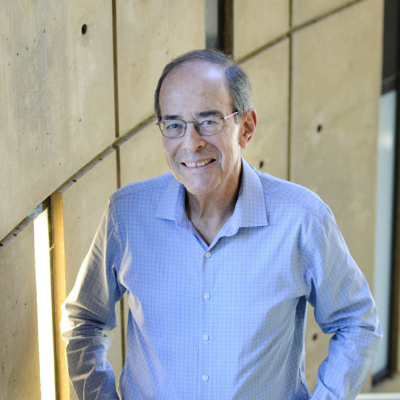Tobacco Wars Lawyer Scores Another Verdict In Record-Setting Case
Summary
Professor Robert Rabin explains juror discretion and the impact it has on awards in this National Law Journal article.
Attorney Michael Piuze stunned the plaintiffs bar when he got a record $28 billion punitive damages verdict in 2002 for a Los Angeles woman who sued Philip Morris USA Inc. after being diagnosed with lung cancer. On Thursday, a federal jury in Los Angeles awarded $900,000 in noneconomic damages on behalf of the woman’s daughter, Jodie Bullock.
It’s a whimpering end to the litigation that catapulted Piuze into legal fame during the days of the tobacco wars.
Much has changed for smokers suing Big Tobacco since Bullock’s mother first filed suit in 2001. Back then, lawsuits were more common and the focal point of the trial was on the “misrepresentation and deceit” of the tobacco companies, said Robert Rabin, a torts professor at Stanford Law School. Today, lawsuits are few, and trials revolve around the plaintiff’s awareness of the dangers of smoking.
“Virtually every juror at this point knows people who quit smoking,” he said. “And that can be at the back of their mind: Why didn’t she quit smoking at some point?”
…
Jodie Bullock’s trial lasted less than two days. Under California law, noneconomic damages aren’t capped—but that also means award amounts could be just about anything, Rabin said.
Jurors, Rabin said, “really have discretion.”

